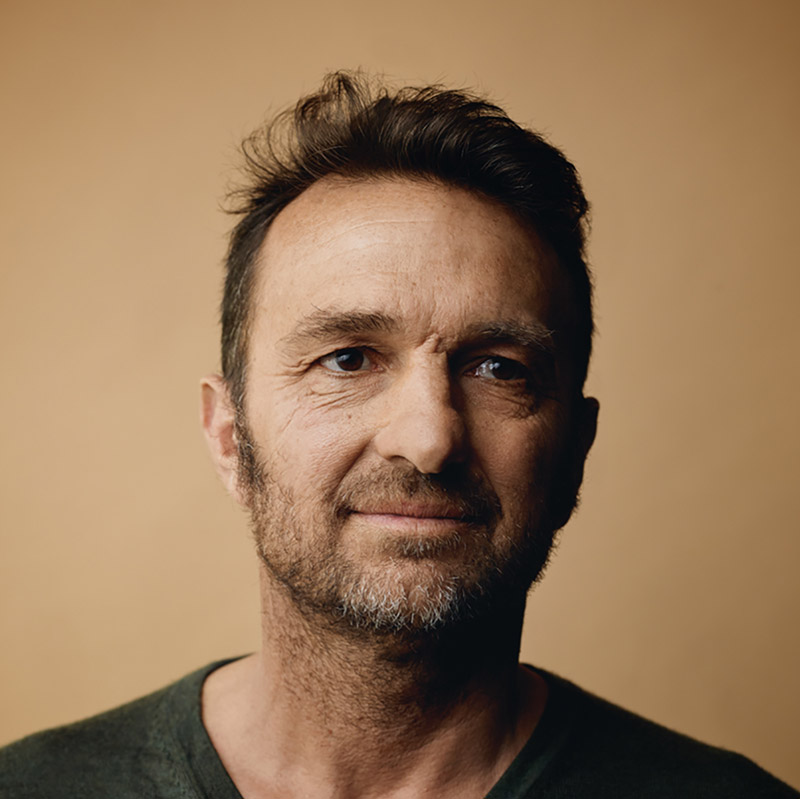06 December 2022
By Tim Baker
You’ve probably heard these three words a fair bit in recent years. You might even be sick of hearing them, but you are probably going to have to get used to it.
In the context of cancer care, most would agree the standard of care you receive should not be determined by your bank balance, ethnicity, postcode, religion, gender identity or sexual orientation. This has been a hot topic at recent oncology conferences and for good reason.
Among the presentations at the recent Clinical Oncology Society of Australia conference there was a welcome focus on these issues, to ensure quality cancer care is available to all. For cancer patients from minority, marginalised or vulnerable communities, you might find the health care system is slowly becoming more responsive to your needs. Or that your efforts at self-advocacy find a more sympathetic ear, as clinicians and institutions become better educated around these issues.
Health care providers are being encouraged to develop their own equality, diversity and inclusion (EDI) policies, to ensure that care is culturally appropriate, accessible to all and affordable. It’s a worthy goal but there remains much work to do, as anyone dependent on the health system can attest. The good news is, if you find yourself having to raise these kinds of issues, hopefully those in a position of influence will listen, take note and find remedies. And hopefully in time this self-advocacy will not be necessary.
Numerous studies have shown the health care system can still exhibit racism and other forms of discrimination against marginalised communities. The principles of EDI equally apply to staff and having a diverse workforce helps ensure these principles flow through every aspect of a health care organisation. Most major hospitals should have at least a staff member or department devoted to ensuring EDI is at their core of their health care, so if you do have grievances there should be somewhere or someone to direct them to.
Financial counselling, interpreters and staff with an understanding of the specific needs of various minorities should be on hand to support patients, or could be requested ahead of time. The provision of these types of services might vary considerably from one institution to another, depending on location, size and how progressive they have been in this area. But there are really no excuses now for not ensuring all patients experience a culturally safe and supportive health care environment.
Why is this important? If you are a white, Australian, heterosexual male of reasonable financial means who speaks English as your first language (and I’d include myself in this category), you might find yourself wondering what all the EDI fuss is about. But what if English wasn’t your first language? If you were Indigenous? Or gay? A refugee or from a remote location? Or experiencing financial distress or mental health issues? How different might your health care experience be? Would you understand your treatment plan and side effects? The costs incurred? Would you be treated with respect and cultural understanding?
The evidence would suggest too often the answer to too many of those questions is no. In considering EDI we are all encouraged to examine our privilege. Health care providers might rightly be expected to do the heavy lifting in this area, but there is a role for us as patients to play a part. To be good allies. To notice fellow patients who might be feeling isolated, marginalised, experiencing difficulties with language and understanding. To advocate on behalf of others. Sometimes it’s difficult for the person feeling vulnerable or marginalised to voice concerns. I’ve often said cancer is the club no one wants to join but there can be profound member benefits. Looking out for each other, a sense of espirit de corp can make all our treatment paths less stressful.
Cancer does not discriminate. Our health care system shouldn’t either.
Most of these issues are covered under the Australian Charter of Health Care Rights, which is a handy reference to understand how you have a right to be treated within the health care system: https://www.safetyandquality.gov.au/sites/default/files/2019-06/Charter%20of%20Healthcare%20Rights%20A4%20poster%20ACCESSIBLE%20pdf.pdf
About the Author

Tim Baker is an award-winning author, journalist and storyteller specialising in surfing history and culture, working across a wide variety of media from books and magazines to film, video, and theatre. Some of his most notable books include “Occy”, a national bestseller and chosen by the Australia Council as one of “50 Books You can’t Put Down” in 2008, and “The Rip Curl Story” which documents the rise of the iconic Australian surf brand to mark its 50th anniversary in 2019. Tim is a former editor of Tracks and Surfing Life magazines. He has twice won the Surfing Australia Hall of Fame Culture Award.
Tim was diagnosed with stage 4, metastatic prostate cancer in 2015 with a Gleason score 9. He was told he had just five years of reasonable health left, but seven years on, at 57, he’s still surfing, writing, and enjoying being a dad. His latest book, Patting The Shark, also documents his cancer journey and will be published in August. Tim will be sharing weekly insights into his journey to help other men who have also been impacted by prostate cancer.
